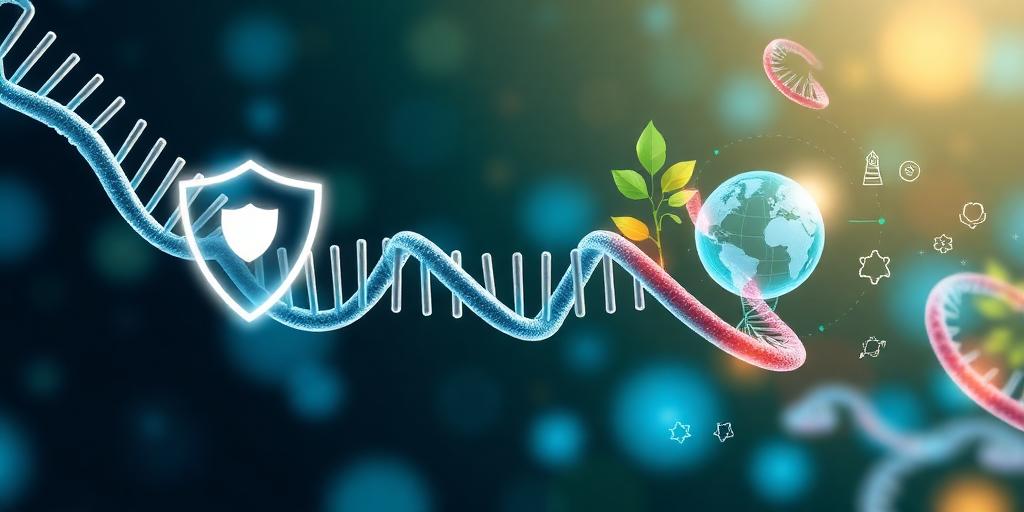Biotechnology, a field at the intersection of biology and technology, is rapidly redefining our capacity to address some of the most pressing global issues. From mitigating the impacts of climate change to eradicating diseases and ensuring food security, biotech innovations are not merely incremental improvements; they represent fundamental shifts in how we interact with and manage our world. This powerful discipline leverages biological systems and living organisms to develop groundbreaking solutions that are both precise and sustainable.
Addressing Global Health Crises
One of biotechnology's most profound impacts is observed in global health. The development of advanced diagnostics, novel therapeutics, and life-saving vaccines has revolutionized disease prevention and treatment. Biotech innovations for health are constantly pushing boundaries.
- Vaccine Development: The rapid creation of mRNA vaccines during recent pandemics demonstrated biotechnology's accelerated capability to combat infectious diseases, transforming public health responses.
- Personalized Medicine: Genetic sequencing and pharmacogenomics allow for tailor-made treatments based on an individual's unique genetic makeup, promising more effective interventions with fewer side effects.
- Gene Editing: Technologies like CRISPR-Cas9 offer unprecedented precision in editing DNA, holding immense potential for correcting genetic defects responsible for diseases such as cystic fibrosis and sickle cell anemia.
Enhancing Food Security and Sustainable Agriculture
As the global population grows, ensuring sufficient and nutritious food becomes paramount. Biotechnology provides critical tools to enhance agricultural productivity and sustainability.
- Crop Improvement: Genetic modification has led to the development of crops resistant to pests, diseases, and harsh environmental conditions, significantly increasing yields and reducing reliance on chemical pesticides.
- Nutritional Enhancement: Biofortification, a biotech application, enriches staple crops with essential vitamins and minerals, directly addressing malnutrition in vulnerable populations.
- Alternative Proteins: The development of lab-grown meat and plant-based protein alternatives offers sustainable food sources, reducing the environmental footprint associated with traditional livestock farming.
Tackling Environmental Challenges
Biotechnology offers innovative approaches to environmental protection and resource management, providing sustainable biotech solutions for a healthier planet.
- Bioremediation: Microorganisms are engineered or enhanced to break down pollutants and toxic waste, cleaning up contaminated sites more efficiently and cost-effectively than traditional methods.
- Biofuels and Bioenergy: Research into producing biofuels from algae and agricultural waste offers a renewable alternative to fossil fuels, contributing to reduced carbon emissions.
- Plastic Degradation: Scientists are discovering and engineering enzymes capable of degrading plastics, offering a promising avenue to address the global plastic waste crisis.
The Future Landscape of Biotechnology Applications
The ongoing advancements in biotechnology are poised to unlock even more transformative solutions. From advanced biomaterials and bio-manufacturing to sophisticated data analysis through bioinformatics, the field's interdisciplinary nature ensures a continuous flow of innovation. However, ethical considerations and regulatory frameworks remain crucial to guide responsible development and equitable access to these powerful technologies.
Conclusion
Biotechnology is unequivocally a cornerstone in the global effort to resolve humanity's most complex challenges. Its capacity to harness the power of biological systems offers precise, scalable, and often sustainable answers to issues of health, hunger, and environmental degradation. As research continues and collaborative efforts intensify, the authoritative role of biotechnology in shaping a more resilient and prosperous future becomes increasingly evident.









